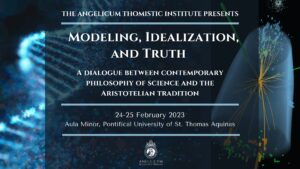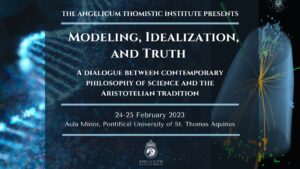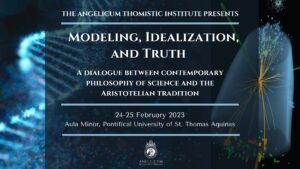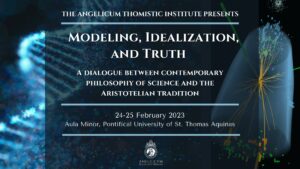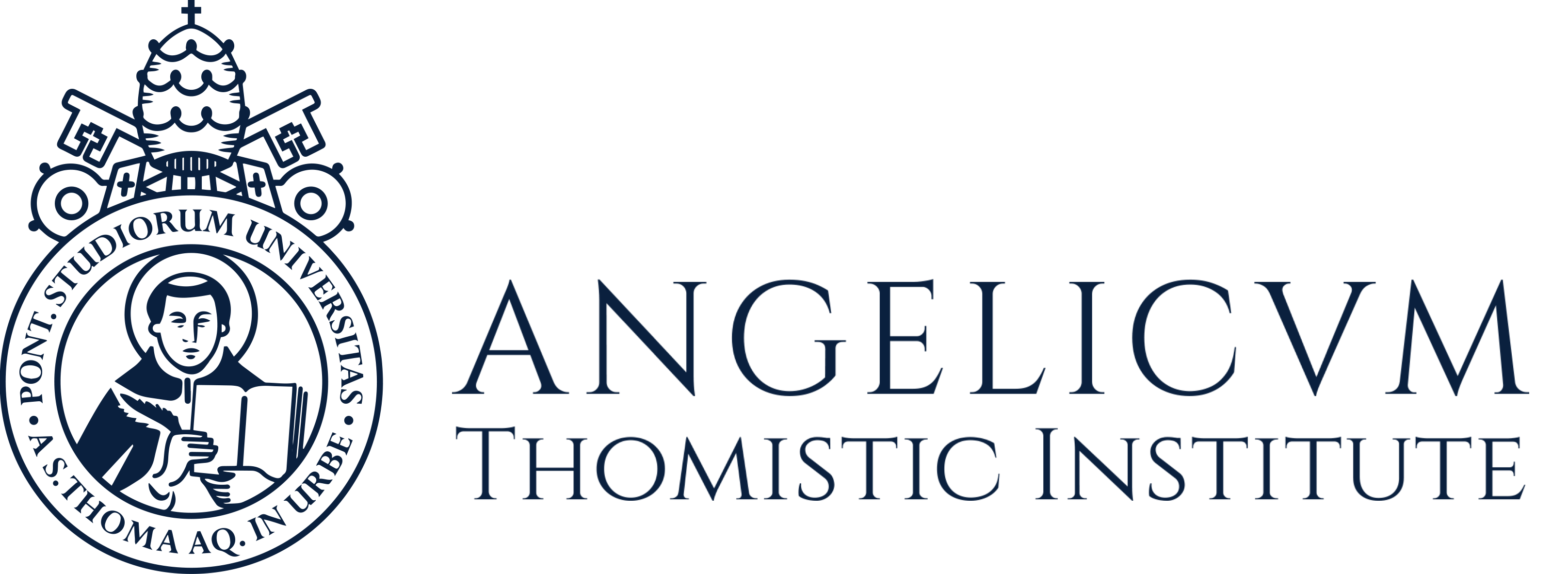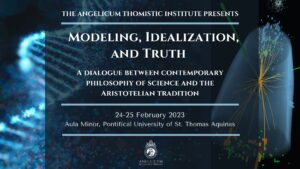Aristotelian Causal Modeling of Life in the Context of Contemporary Reflection on the Roles of Models in Biology
Mariusz Tabaczek, O.P
Pontifical University of St. Thomas Aquinas (Angelicum)
Aristotelian realism was not naive realism. Aiming for perfect knowledge, i.e., Gr. episteme (Lat. sciencia), which comes from demonstration of the reason fact (Gr. dioti; Lat. propter quid), he was aware of the fact that its ideal is difficult to achieve. He thus acknowledged that investigators of the world of nature must often content themselves with a lesser goal – knowledge that is probable but not certain, i.e., with Gr. doxa (Lat. opinio), which comes from a demonstration of the fact (Gr. hoti, Lat. quia). This opens Aristotle’s scientific method to modeling techniques, bringing it into conversation with the current emphasis on and speculative typology and evaluation of the role models play in science. At the same time, Aristotelian modeling, just as his scientific explanation, was causal. In my presentation I will reflect on the extent to which contemporary modeling in biology might be considered to be causal.
Mariusz Tabaczek, OP is a Polish Dominican and theologian. He holds a Ph.D. in philosophical theology from the Graduate Theological Union in Berkeley, CA and Church Licentiate from the Adam Mickiewicz University in Poznan, Poland. He is a professor of theology at the Pontifical University of Saint Thomas Aquinas. He is also a researcher at the Thomistic Institute at the same University. He is interested in the science-theology dialogue, especially in the issues concerning science and creation theology, divine action, and evolutionary theory. He published a number of articles and two monographs: Emergence. Towards A New Metaphysics and Philosophy of Science (University of Notre Dame Press 2019) and Divine Action and Emergence. An Alternative to Panentheism (University of Notre Dame Press 2021). His upcoming third book will concentrate on the contemporary Aristotelian-Thomistic Approach to Evolution.
Related Content
